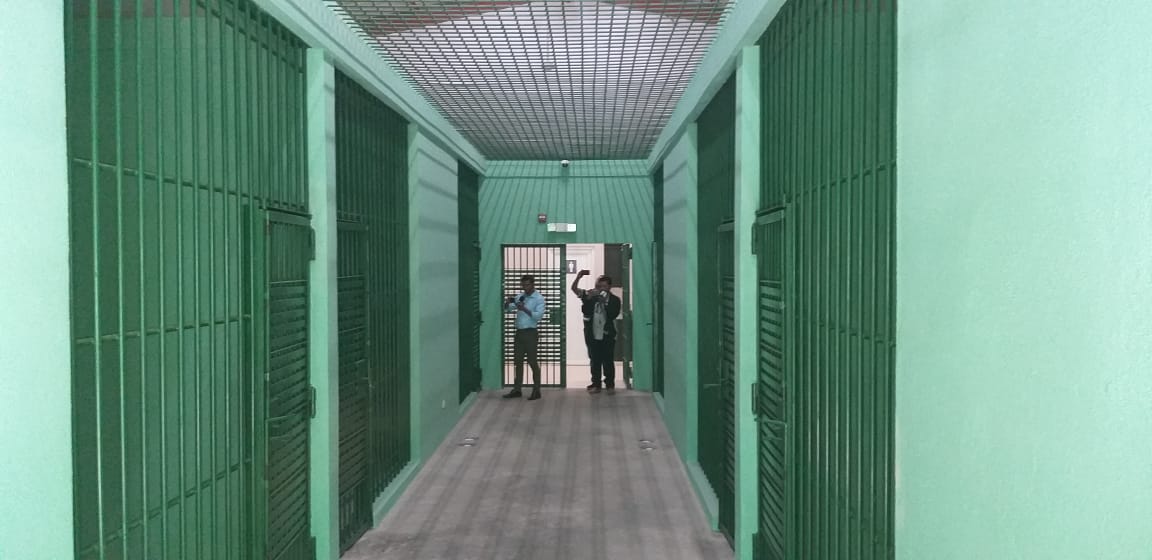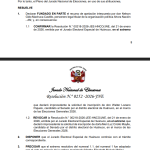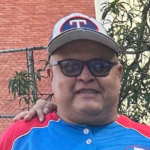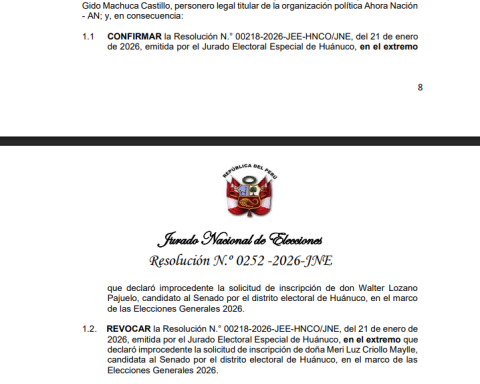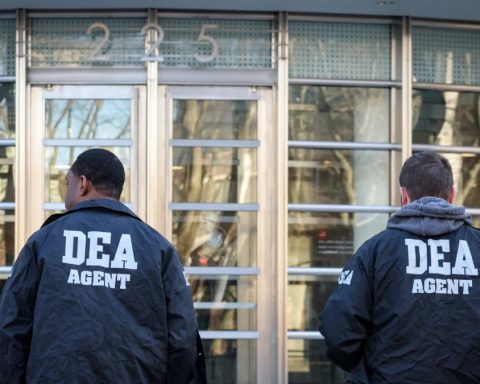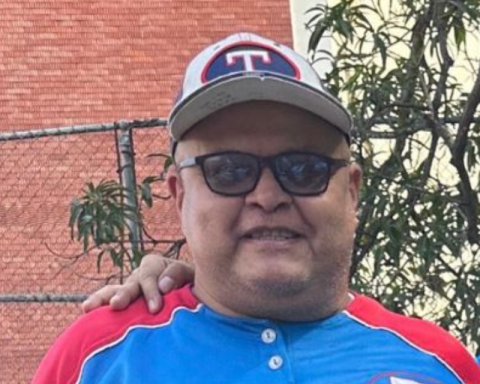Trials against political prisoners in Nicaragua add more and more irregularities. The most recent: The judges of the regime have refused to specify, in the sentences, the penitentiary system where the opponents will serve their sentences, which —according to the defenders— leaves the prisoners of conscience, and their lawyers, in a “limbo” they do not know where to turn to request certain prison rights and benefits for prisoners.
The decision of the judges also violates article 154 of the CPP —referring to the content of the sentences— which establishes, in its numeral nine, that the judge “in penalties or security measures will provisionally set the date on which the sentence ends. and the penitentiary center to which he will be sent.”
“The judges are breaking that sentencing requirement,” said one of the defense attorneys.
Henry Salatiel López, defense attorney for political prisoner Alex Hernández, after the reading of the sentence by Judge Félix Salmerón Moreno, of the Fifth Criminal District of Judgment, warned that the court did not specify in which penitentiary system he will serve his sentence the prisoner of conscience, for which he would continue to be detained in the cells of El Chipote.
This irregularity is repeated in the sentences against the political prisoners imprisoned in the Evaristo Vásquez complex, known as El Chipote, for which the defenders assume that the regime’s idea is to keep them in the police facilities of the Judicial Assistance Directorate (DAJ).
“We presume that they will be in El Chipote, which is not a prison system, nor a place to pay a sentence,” stressed another lawyer who asked to omit his name.
Cases from Managua
This violation of the Penal Code has been consistent between the six Ortega judges in charge of sentencing and sentencing political prisoners. These are: Salmerón Moreno; Luden Martín Quiroz García, of the Ninth Criminal District Court of Managua; Ángel Jancarlos Fernández González, of the Fourth Court; Ulisa Yahoska Tapia Silva, of the Thirteenth Court; Nadia Camila Tardencilla Rodríguez, of the Second Court of the Criminal Trial District; and Nancy Aguirre Gudiel, of the Tenth Court.
From February 1 to March 9, Ortega justice has sentenced more than thirty opponentsof some forty citizens captured prior to last year’s voting and prosecuted for the alleged crimes of “conspiracy to undermine national integrity to the detriment of the State of Nicaragua” and “propagation of false news.”
Of these thirty, 21 political prisoners —with sentences ranging from eight to thirteen years in prison— remain in El Chipote; nine are under the house arrest regime; and the others were held in the different prisons in the country, mainly the prison system of Managua, La Modelo.
In the case of political prisoners sentenced in the departments: Alexis Peralta-Espinoza, Douglas Cerros Lanzas and Santos Camilo Bellorin, the judges established that they will serve their sentence in the Estelí penitentiary system; while Donald Alvarenga He will do it in the Chinandega prison.
disenfranchised
López said that Law 745 or the Execution, Benefits and Jurisdictional Control of Criminal Sanctions, and Law 473 or the Penitentiary Regime and Execution of Sentences, establish certain rights and benefits that political prisoners who do not have set up a prison system.
He exemplified that, in the case of the death of a close relative, an inmate has the right to a permit —of up to 72 hours— to be with his family, and this must be requested from the director of the prison system. In the case of political prisoners, they would not know who to address a request to.
“Those convicted (without a defined penalty) are legally defenseless. As a defense, we do not know which penitentiary administrative authority to turn to in order to request a benefit or promote an incident,” said López.
Another of the lawyers stressed that “in the prison system they (prisoners) have the right to receive visits from their minor children, but not in El Chipote. (In prisons) the visits are periodic, every 15 or 21 days, but in El Chipote they are surprise visits every 45 or 60 days, and only from an older relative.”
He added that in prison systems, prisoners can go out to the patio, play sports and read books, but “in El Chipote they are isolated in a cell.”
“In the prison system they also have the right to work, and this work pays the penalty, in the case of El Chipote that does not happen,” said the defender.
